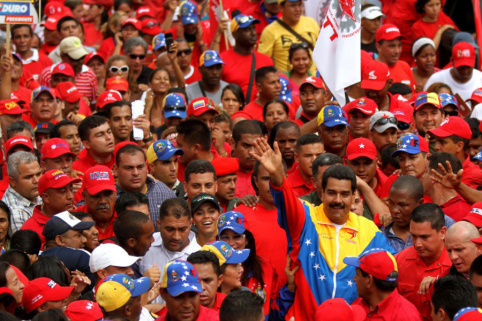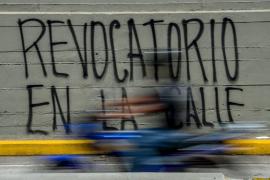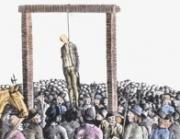
The socialist movement in the United States took a big step forward this past weekend as almost 700 delegates representing over 25,000 members of the Democratic Socialists of America (DSA) met at the organization’s biennial national convention in Chicago. This convention, the first since DSA more than tripled in size following last year’s election, brought together delegates from all of the country’s major cities and many towns large and small.







 In recent weeks, a number of Venezuelan specialists on the left side of the political spectrum have published and posted pieces that place them in an anti-Chavista, “ni-ni” position that consists of “a plague on both your houses” with regard to Maduro and the Venezuelan opposition. Certainly, at this moment the Chavistas are playing hard ball; the options available to them are limited.
In recent weeks, a number of Venezuelan specialists on the left side of the political spectrum have published and posted pieces that place them in an anti-Chavista, “ni-ni” position that consists of “a plague on both your houses” with regard to Maduro and the Venezuelan opposition. Certainly, at this moment the Chavistas are playing hard ball; the options available to them are limited.
 The following is an excerpt from a book about Trump, The Establishment, and the Resistance, that will be published in French by Syllepse early next year. – Dan La Botz
The following is an excerpt from a book about Trump, The Establishment, and the Resistance, that will be published in French by Syllepse early next year. – Dan La Botz









